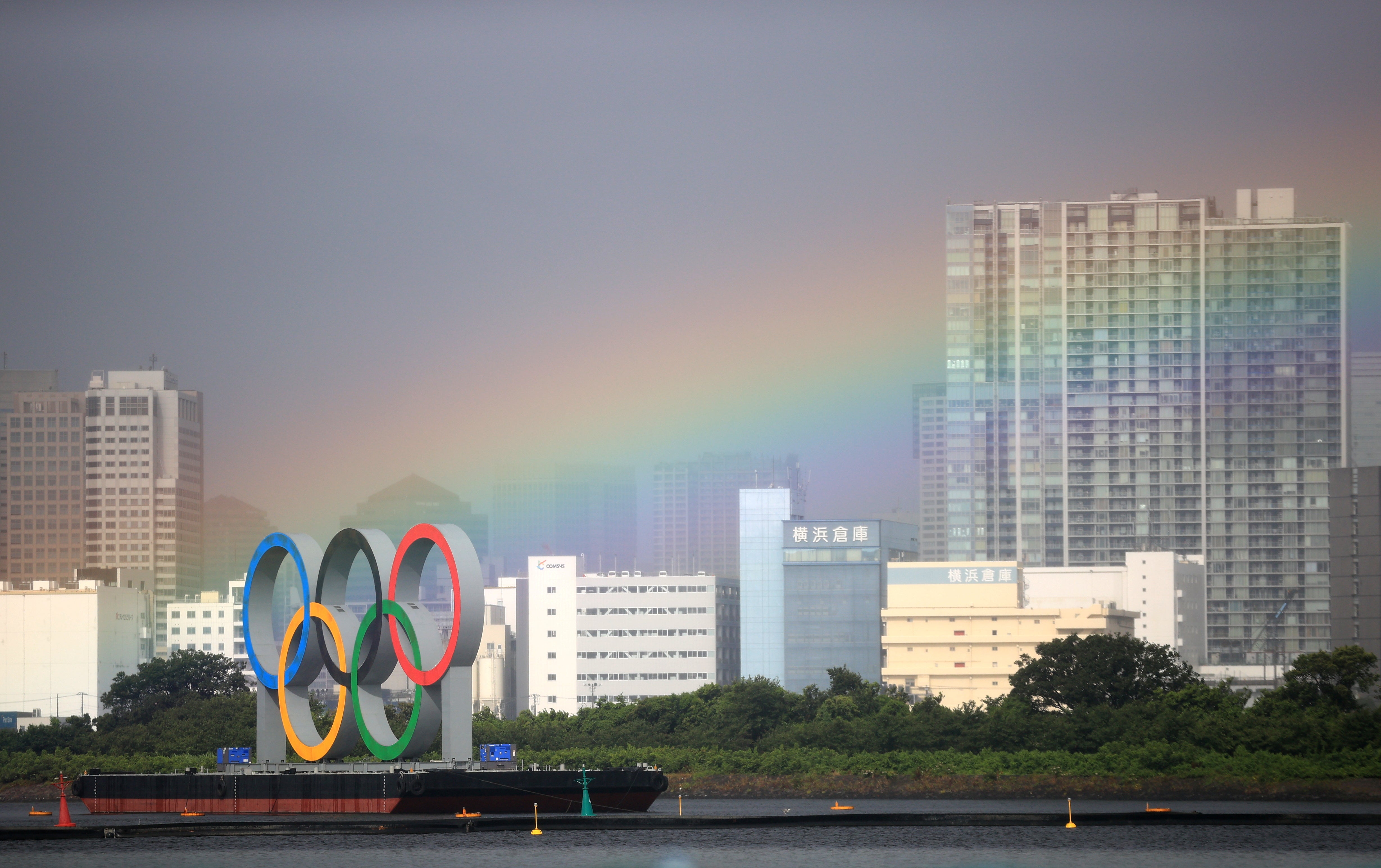Tokyo’s surge in Covid cases raises fears of health system collapse
City’s governor called the rise a ‘concern’

A record rise in daily coronavirus infection numbers in Tokyo just several days into the Olympic Games has raised fresh concerns over the ability of the city’s health system to cope.
The latest figures showed a rise to 2,848 of daily recorded cases. The previous high was 2,520 in January, according to data from the Tokyo metropolitan government.
The spike in numbers is likely to put even greater pressure on the city’s already stretched healthcare system, a state of affairs that is rattling city officials.
“We are working to secure hospital beds,” said Tokyo governor, Yuriko Koike. “I am concerned about the gradual increase in the number of severe cases.”
With the exception of Tokyo and three other prefectures, most of the country’s administrative regions have a shortfall of ICU beds – including Saitama prefecture, which borders Tokyo, and has been one the areas affected by today’s increase in infections.
What’s worrying officials in Tokyo is that Japan has five ICU beds per 100,000 people – according to a Nikkei Asia report in April – which is less than that of other developed countries, such as the US, which has 35 beds per 100,000, and Germany with 30.
The Japanese prime minister, Yoshihide Suga, called a meeting on Tuesday in response to the figures, with five ministers related to public welfare, including from the Ministry of Health, Labour and Welfare, and the Ministry for Economic Revitalisation.
But the sudden spike in daily infection numbers is not confined to Tokyo; surrounding areas, such as the Chiba, Saitama, and Kanagawa prefectures are also witnessing an increase.
Today’s figures are based on 9,300 average daily tests over the previous three days. Broken down by age, the numbers show: 951 people are in their 20s; 620 are in their 30s; 466 are in their 40s; 301 are in their 50s; and 78 are aged 65 or older, the latter being at the greatest risk of serious illness.
In addition, two new Covid-19-related deaths were announced, and the number of seriously ill increased by four, from 78 to 82, domestic broadcaster TBS said.
There could be political fallout as well. Mr Suga, in an interview with a magazine on 26 July, had said there was no concern that a spread of infection would occur at the Olympic Games.
The prime minister reaffirmed his confidence in the success of the Games, saying the country’s vaccination programme was proceeding smoothly. Analysts note that, while Japan’s vaccine rollout started slowly at the beginning of the year, it was ramped up significantly in the run-up to the Games but the latest figures have given cause for concern.
Critics have argued that holding the Games will automatically lead to increased infection rates.
Tokyo’s jump in infections comes just days after a four-day weekend in Japan, including Marine Day on 22 July, and the opening ceremony of the Games. With summer temperatures rising, many in the city sought refuge in outdoor activities, including trips to the beach.
It remains to be seen if those activities were in part responsible for the spike, whether the greater transmissibility of the Delta variant that is spreading in Japan was to blame, whether the opening of the Games in Tokyo played a role, or whether it was a combination of all of them.
Join our commenting forum
Join thought-provoking conversations, follow other Independent readers and see their replies
Comments
Bookmark popover
Removed from bookmarks